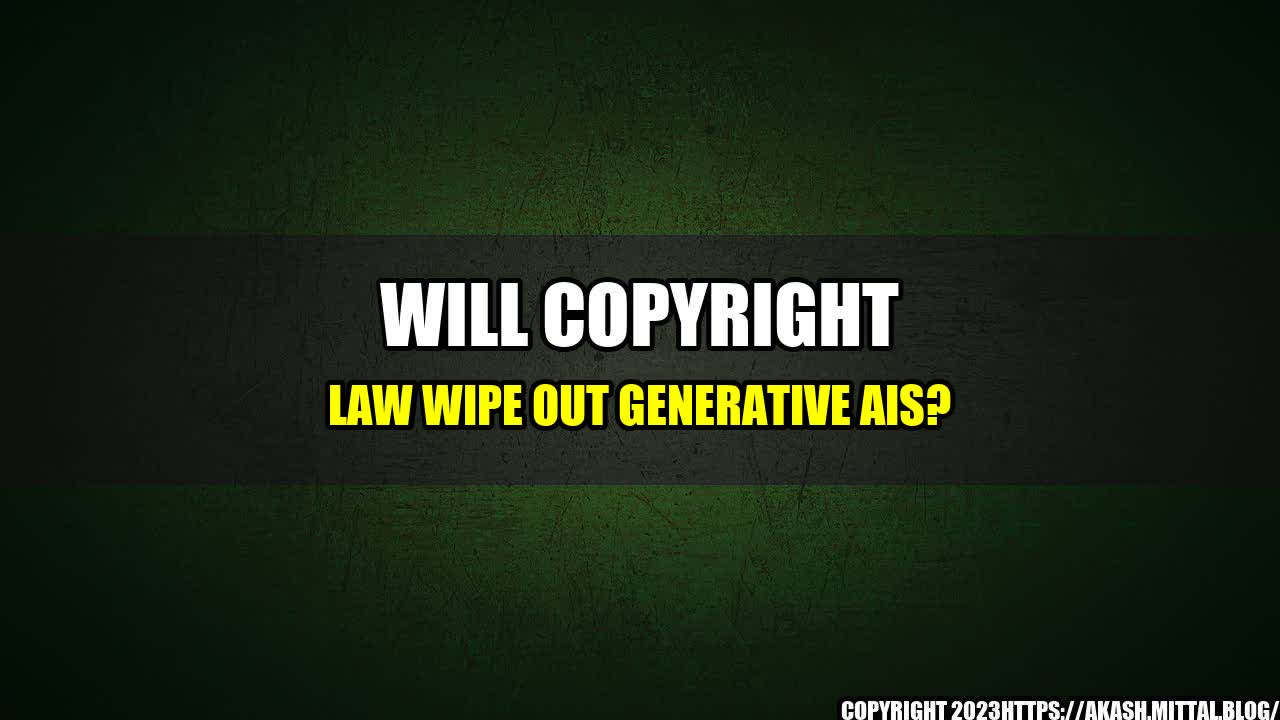The Story of ChatGPT and Richmond Times Dispatch
ChatGPT, a popular generative AI chatbot, was widely used in customer service and personal assistance roles. In particular, it was used by Richmond Times Dispatch, a prominent news outlet, to generate news articles on various topics. However, their use of ChatGPT soon became controversial when readers began to question the authenticity and credibility of the articles. Was it truly journalism if it was written by an artificial intelligence?
The controversy only intensified when copyright issues were brought up. Who owned the rights to the articles generated by ChatGPT? Was it the AI itself, the news outlet, or the individual who programmed the AI? This opened up a whole new can of worms and raised questions about the future of AI-generated works and copyright law.
AI-Generated Works
AI-generated works are becoming increasingly common in various industries, from music to art to literature. Here are some examples:
- Melodrive – a generative music platform that uses AI to create new music in real-time.
- DeepDream – an AI program that generates psychedelic images based on the input image.
- Jukedeck – a music composition platform that uses AI to create unique tracks for videos, podcasts, and other media.
- The Unfinished Swan – a video game that uses generative art to create a unique, ever-changing world for players to explore.
These examples demonstrate the potential of AI-generated works to revolutionize industries and create new forms of art and entertainment. However, they also raise questions about intellectual property rights and ownership.
The Legal Implications of AI-Generated Works
As the use of AI-generated works becomes more widespread, it's important to consider the legal implications. Here are three key points:
- Intellectual Property Rights – Who owns the rights to works generated by AI? The answer is not clear-cut, as it depends on the specific circumstances of each case. In general, the person or organization that creates or employs the AI may have some claim to ownership. However, the AI itself may also have some claim, particularly if it was programmed to be autonomous and creative.
- Creative Freedom – Generative AIs may be seen as a new form of artistic expression. As such, their creators may argue that they are entitled to the same creative freedom and protection as human artists. This raises questions about the role of AI in society and the value we place on creativity and originality.
- Credibility and Accountability – As the Richmond Times Dispatch example demonstrates, there are concerns about the credibility and accountability of AI-generated works, particularly in the context of journalism and news reporting. It's important to consider the potential impact on public trust and the need for transparency in the use of AI.
These issues will only become more pressing as AI technology advances and becomes more integrated into our daily lives. It's important for lawmakers, creators, and consumers to navigate these complexities in a way that protects both innovation and intellectual property rights.
Practical Tips for Navigating the Legal Landscape of AI-Generated Works
Here are some practical tips for navigating the legal landscape of AI-generated works:
- Understand the legal implications of using AI-generated works – Educate yourself on the legal landscape and potential risks involved with using AI-generated works in your business or creative pursuits.
- Seek legal advice – If you're unsure about the legal implications of using AI, seek advice from a qualified lawyer or legal professional.
- Collaborate with creators – Consider collaborating with the creators of AI-generated works to ensure a fair and equitable distribution of ownership and intellectual property rights.

Curated by Team Akash.Mittal.Blog
Share on Twitter Share on LinkedIn